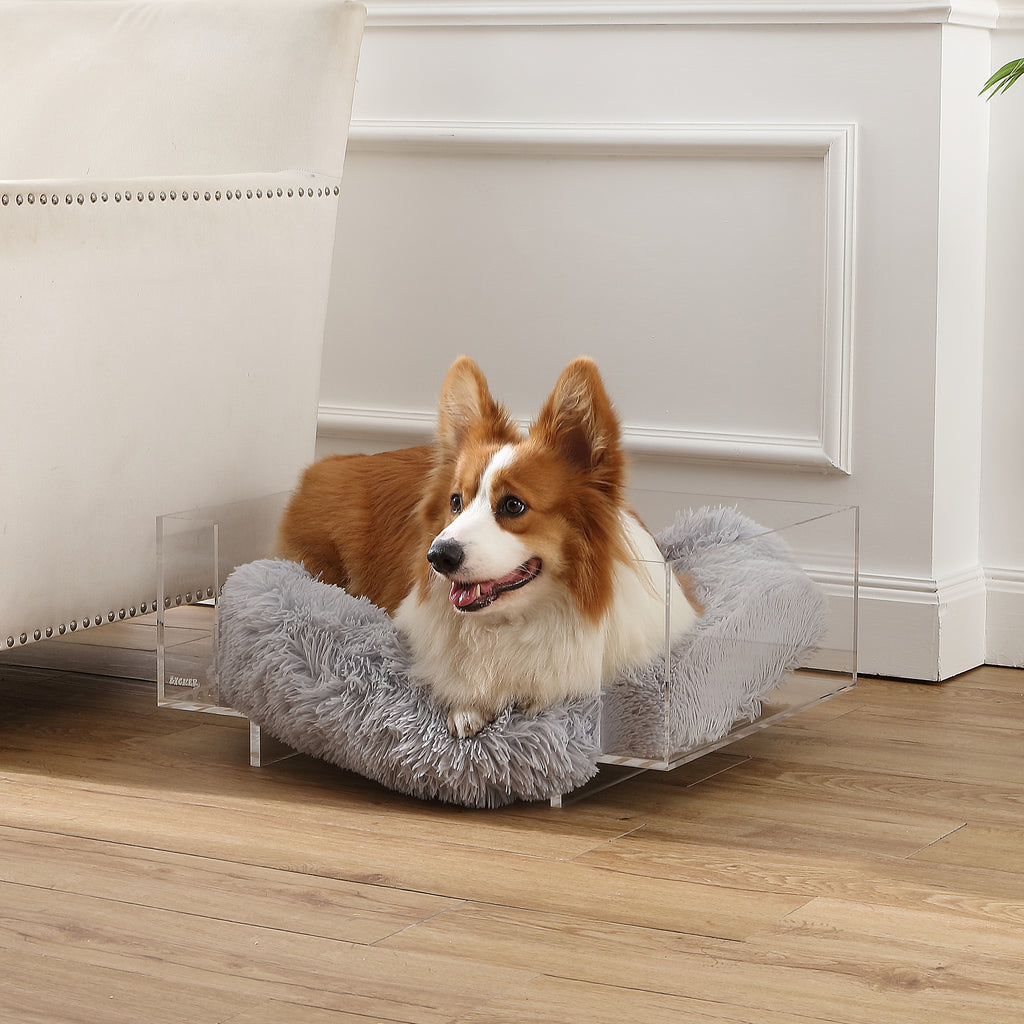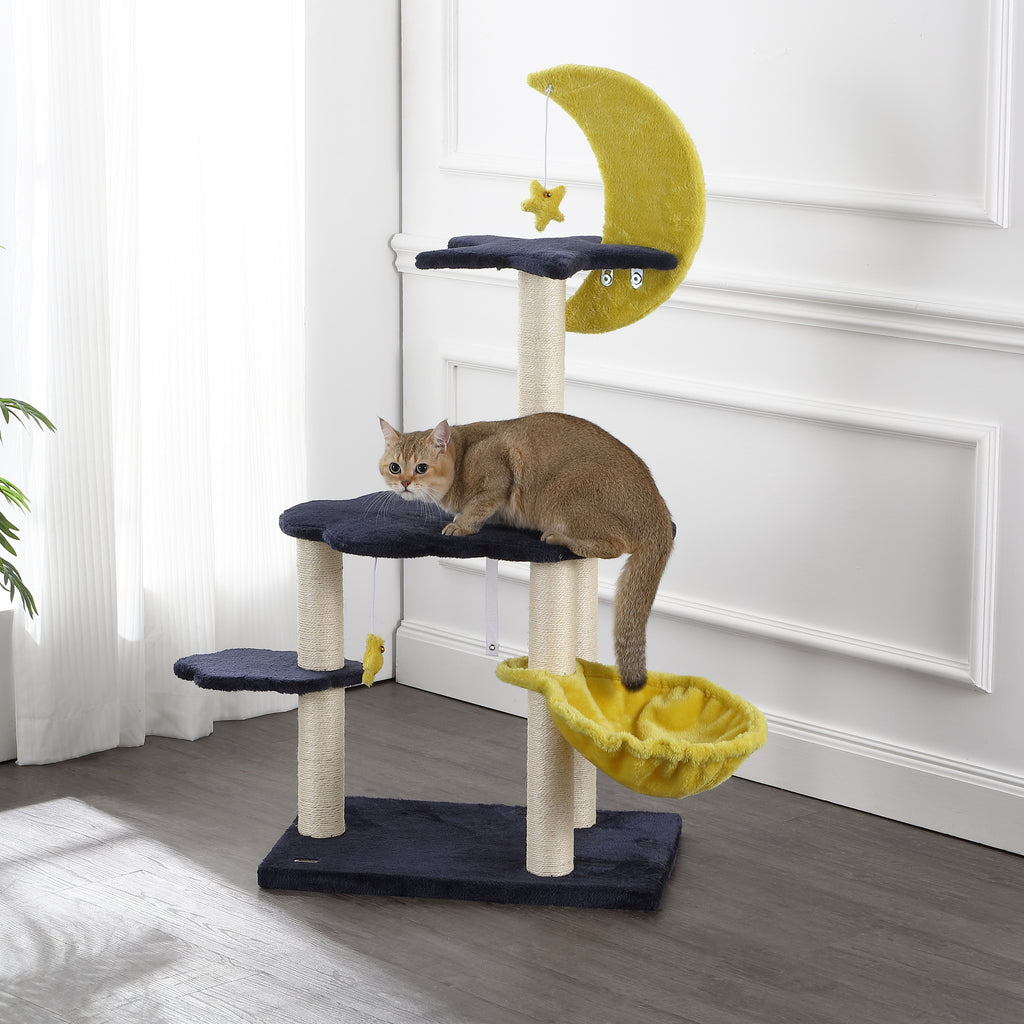If you live with cats, you know how much joy, love, and companionship they bring into your home. But you also know one of the less glamorous sides of cat ownership: litter box odor. Even the cleanest home can feel less inviting if a persistent litter smell lingers in the air. Many cat parents ask the same question: What essential oil scent covers up cat litter smell best?
Essential oils are often suggested as a natural way to freshen the home. Their concentrated plant-based scents can be uplifting, calming, and effective in masking unwanted odors. However, safety is the biggest concern. Cats are more sensitive to essential oils than humans, so it’s important to choose wisely.
This blog will guide you through everything you need to know: the causes of litter box odors, which essential oils are safe and effective, how to use them correctly, and expert-backed tips for a fresh, cat-friendly home. By the end, you’ll know exactly how to keep your space clean and welcoming without putting your furry friend at risk.
Why Does Cat Litter Smell So Strong?
Before jumping to solutions, let’s understand the source of the problem. Cat litter odors are not all the same, and knowing where the smell comes from can help you choose the right remedy.
-
Ammonia from urine
-
Cat urine is concentrated and contains urea. When it breaks down, it releases ammonia—a pungent, sharp odor.
-
Ammonia builds up especially in boxes that aren’t scooped regularly.
-
-
Fecal odor
-
Cat feces carry bacteria and sulfur compounds that can quickly fill a room with a bad smell.
-
The longer it sits, the stronger the odor becomes.
-
-
Poor ventilation
-
If the litter box is in a small or enclosed space (like a bathroom or closet), odors concentrate faster.
-
-
Dirty litter box
-
Even if you scoop daily, residue clings to the litter box itself. Over time, this creates a permanent odor.
-
-
Type of litter used
-
Some litters are poor at absorbing or clumping. This allows smells to linger.
-
Understanding these causes reminds us of something important: essential oils don’t eliminate odors at the source. They cover or neutralize them. For best results, oils should be paired with consistent litter hygiene.
The Safety Question: Are Essential Oils Safe for Cats?
This is the most critical part of the discussion. Cats metabolize substances differently from humans and dogs. Their livers lack certain enzymes needed to break down compounds found in many essential oils.
Direct exposure or ingestion can be toxic. Symptoms may include:
-
Drooling or pawing at the mouth
-
Vomiting or diarrhea
-
Tremors or difficulty walking
-
Lethargy
-
Respiratory distress
That doesn’t mean you can’t use essential oils at all. It simply means you must:
-
Use only cat-safe oils in moderation.
-
Keep oils out of reach.
-
Never apply oils directly to your cat’s skin or fur.
-
Avoid adding oils to the litter itself.
When in doubt, consult your veterinarian before introducing oils into your home environment.
What Essential Oil Scent Covers Up Cat Litter Smell Safely?
Now to the heart of the question. Which scents work best to freshen the air while being safer for cats?
1. Lavender (Lavandula angustifolia)
-
Why it works: Floral, soothing, and gentle enough for moderate use.
-
Odor benefit: Covers up sharp ammonia smells and promotes calmness.
-
Extra perk: Can reduce stress in multi-cat homes.
2. Chamomile (Roman or German)
-
Why it works: Sweet, light aroma that neutralizes harsher scents.
-
Odor benefit: Balances fecal smells and creates a soft, inviting environment.
-
Extra perk: Often used in natural calming remedies.
3. Cedarwood (Cedrus or Juniperus species)
-
Why it works: Warm, woody scent with natural deodorizing properties.
-
Odor benefit: Great at masking earthy, lingering odors.
-
Extra perk: May repel insects around the litter area.
4. Frankincense (Boswellia carterii)
-
Why it works: Rich, resinous aroma that blends well with other oils.
-
Odor benefit: Neutralizes deep odors that linger in fabrics.
-
Extra perk: Used traditionally for purifying air.
5. Rosemary (Rosmarinus officinalis) — sparingly
-
Why it works: Fresh, herbal scent that energizes a room.
-
Odor benefit: Reduces stale or musty smells near litter boxes.
-
Caution: Use only in very diluted amounts and well-ventilated areas.
Essential Oils to Avoid Around Cats
Many oils are popular in home cleaning but dangerous to cats. Avoid these near your litter box or anywhere your cat spends time:
-
Tea tree oil
-
Citrus oils (lemon, orange, grapefruit)
-
Peppermint
-
Eucalyptus
-
Cinnamon
-
Pine oils
-
Clove
Even in small amounts, these can irritate your cat’s skin, eyes, or respiratory system.
Safe Ways to Use Essential Oils for Litter Odor
Knowing the right oils is one step—using them safely is another. Here are expert-approved methods:
1. Diffuser in a separate area
-
Add 2–3 drops of a cat-safe oil to a diffuser.
-
Run for 15–30 minutes in a room near (not in) the litter box area.
-
Ensure the cat can leave the room if it chooses.
2. DIY Room Spray (for air, not the litter)
-
Mix 10 drops of lavender or chamomile oil with 1 cup of distilled water in a spray bottle.
-
Lightly mist the air or curtains around the litter box area.
-
Never spray directly into the litter.
3. Scent jars with cotton balls
-
Place a few drops of essential oil on cotton balls.
-
Store them in a jar with holes in the lid.
-
Set the jar near the litter area but out of your cat’s reach.
4. Baking soda and oil mix
-
Blend 1 cup of baking soda with 3–5 drops of a safe oil.
-
Keep in a shaker jar.
-
Sprinkle lightly on the floor around the litter box (not inside it).
Other Natural Ways to Control Cat Litter Odor
Essential oils are helpful, but they’re not the only tool. Combine them with these proven methods:
-
Scoop daily: The simplest and most effective odor control.
-
Deep clean weekly: Wash the litter box with mild soap and hot water.
-
Use better litter: Clumping, activated charcoal, or natural pine-based litters trap odor better.
-
Add baking soda: Safe for cats and absorbs odors.
-
Consider multiple boxes: The rule is one box per cat + one extra.
-
Improve ventilation: Keep boxes in open areas or use small fans/air purifiers.
-
Replace boxes annually: Plastic absorbs odors over time.
Expert Safety Guidelines for Essential Oils Around Cats
Veterinarians recommend these precautions:
-
Always dilute oils heavily before use.
-
Limit exposure times and never leave diffusers running continuously.
-
Avoid heat diffusers that release concentrated oil into the air.
-
Store oils safely where cats cannot reach them.
-
Monitor your cat’s behavior closely. If symptoms appear, stop immediately.
Frequently Asked Questions (FAQs)
Q1: What essential oil scent covers up cat litter smell the best?
Lavender and cedarwood are two of the most effective and safer options for freshening air near litter boxes.
Q2: Can I mix essential oils to create a custom scent?
Yes, but keep blends simple (2–3 oils max) and stick with cat-safe options like lavender + chamomile.
Q3: Can I add essential oils directly into cat litter?
No. This exposes your cat to concentrated oils through paws and inhalation. Oils should only be used in the air or on surrounding surfaces.
Q4: Is it safe to use essential oil candles near cats?
Not recommended. Burning oils releases strong fumes that can irritate your cat’s lungs. Stick to diluted sprays or diffusers.
Q5: What’s a completely non-toxic alternative to oils?
Baking soda, activated charcoal, and regular cleaning are 100% safe and effective odor-control options.
Final Thoughts
If you’ve been wondering, “What essential oil scent covers up cat litter smell?”, the answer is that a few specific scents—lavender, chamomile, cedarwood, and frankincense—can work well when used properly. These oils help mask unpleasant litter box odors and create a fresher home environment.
But essential oils should be treated as supplements, not solutions. They don’t replace scooping, cleaning, or good ventilation. For true freshness, pair safe essential oils with consistent litter maintenance and natural odor absorbers like baking soda.
Above all, prioritize your cat’s safety. Use oils sparingly, avoid toxic ones, and always give your cat the freedom to leave an area where oils are diffused. With balance and care, you can enjoy a home that smells clean and inviting—while keeping your beloved feline safe and comfortable.









